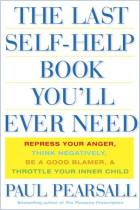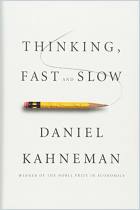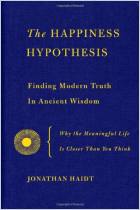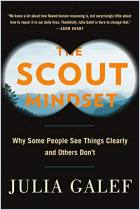
Mistakes Were Made (but not by me)
Why We Justify Foolish Beliefs, Bad Decisions, and Hurtful Acts
ISBN: 9780358329619
Pages: 464
Recommendation
No one’s perfect. At some point you, like everyone else in the world, will make an error of deed or judgment. So why – even when the evidence of a mistake confronts them – do people find it so difficult to admit they are wrong? In this fascinating study, social psychologists Carol Tavris and Elliot Aronson explore the reasons underlying human beings’ resistance to admitting fault, and the lengths most people will go to justify their flawed actions or beliefs. The authors offer a wealth of illuminating examples, plus suggestions on how to overcome the desire to deny mistakes rather than learn from them.
Summary
About the Authors
Social psychologist, writer and lecturer Carol Tavris is a fellow of the Association for Psychological Science and the Los Angeles Institute for the Humanities. Social psychologist Elliot Aronson is professor emeritus at the University of California at Santa Cruz and a distinguished visiting professor at Stanford University.























Comment on this summary or Start Discussion